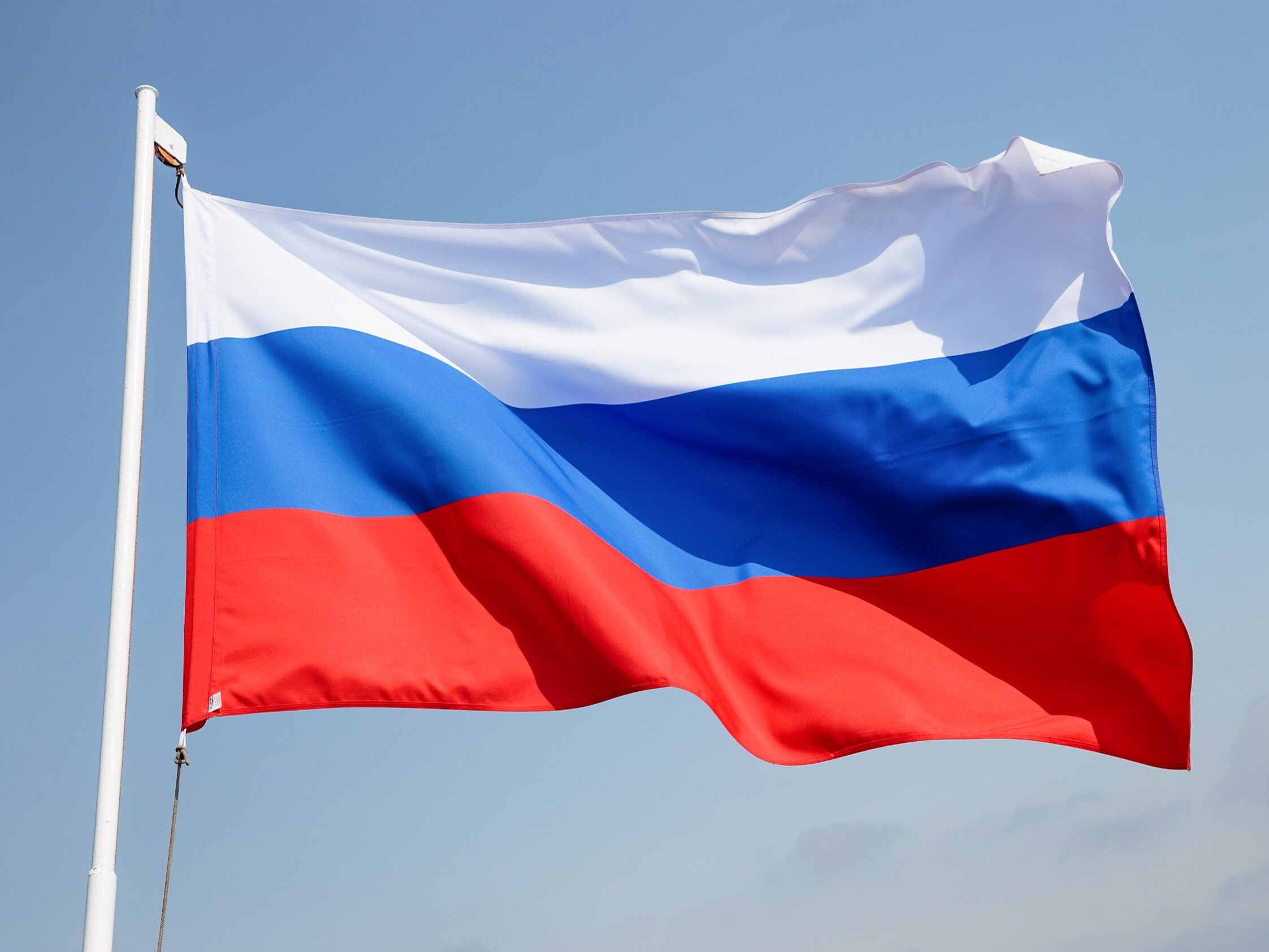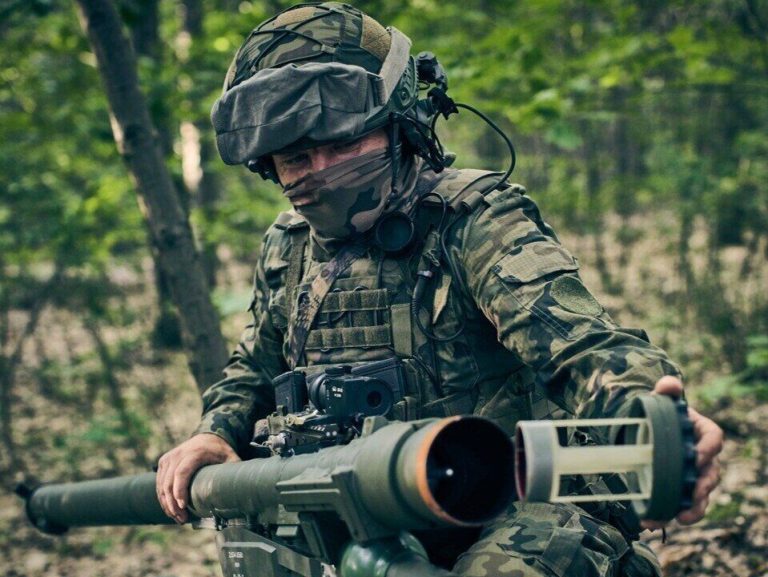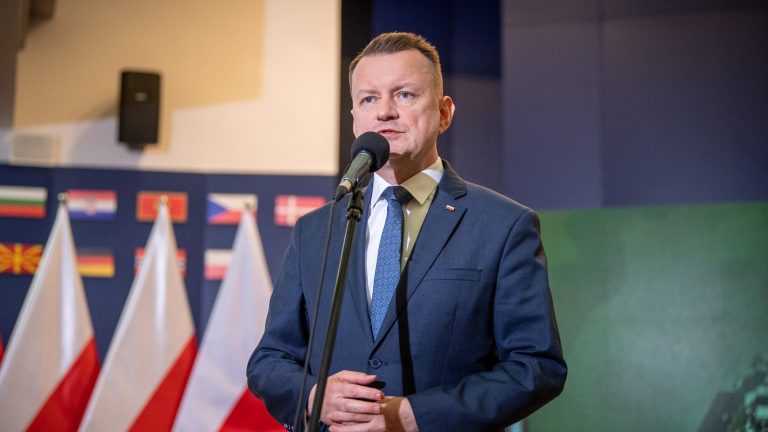What about sanctions on Russia? “The West must show determination”

The European Union is working on another package of sanctions against Russia. Media reports indicate that he is to focus on preventing circumvention of the existing restrictions imposed on this country, in particular on raw materials imported from it.
After the Russian Federation launched a full-scale attack on Ukraine on February 24, 2022, a wave of sanctions imposed by Western countries hit Moscow. According to the study by OSW analysts, “Russia after two years of full-scale war. “Fragile stability and growing aggressiveness”, this had a particular impact on the energy sector, which is the most important source of income for the Russian budget. For comparison, in 2018 the share of oil and gas revenues was 46%. Russia's budget, and in 2023 – 28 percent
– After losing the sales market in Europe, the Russians managed to redirect these exports to new markets. In the context of oil, these are especially Asian markets. When it comes to fuels, these are also more exotic markets, such as South America, Africa or Asia, says Filip Rudnik, an analyst of the Russian team from the Center for Eastern Studies.
This, however, does not mean that the Russians are fully compensating for the losses resulting from the sanctions imposed, among others, by the European Union or the United States. The task, although possible, is risky due to logistical reasons and the distance between this country and the new recipients.
– Even though the Russians managed to redirect these supplies to new directions, they must first of all sell both oil and petroleum products at lower prices. Due to the extension of logistic routes, the costs of export are much higher – reminds the OSW analyst.
The need to change the direction of exports has resulted in Russia's increased dependence on a narrow group of recipients who can use their position and dictate the terms of cooperation. Russia's income from oil and gas exports decreased by 24% last year. on an annual basis, although with the much weaker ruble it is difficult to clearly compare these results year to year. According to OSW analysts, the shift to the East and dependence on China and India may translate into a further reduction in export income and problems with maintaining production.
– We need to look at how prices are shaping globally, because after all, Russian raw material and Russian fuels do not operate in a vacuum. Nevertheless, it is clear that there is a permanent price discount on Russian oil and it depends on the extent to which we implement the sanctions provisions. In January 2024, this discount was approximately USD 17, which means that the Russians received USD 17 less per barrel. compared to the Brent benchmark. It all depends on the will and determination of the West, whether it will try to fight the so-called a shadow fleet, i.e. a fleet of tankers that transport Russian oil and fuels, somehow bypassing the Western financing system and in violation of sanctions rules, says Filip Rudnik.
The introduction of mechanisms that will prevent circumvention of existing restrictions is being discussed in the context of the 14th package of sanctions being developed by EU institutions. Further restrictions on the Russian energy sector are also being considered, including: regarding trade in liquefied gas. Tightening the sanctions may be of key importance because, as data quoted by OSW show, today the declines in production are not as large as expected. Last year, the mining sector, which was the driving force of the Russian economy before the war, saw production decline by 1.2%. This applies to both crude oil and natural gas. In 2023, oil production amounted to approximately 530 million tonnes, remaining only slightly below the 2022 level.
– Compared to the forecasts, which predicted a very strong reduction in production, the Russians are now extracting from 5 to 10 percent. less oil than they did before the invasion, so this drop is not significant. We just need to take into account that we have third-hand data, because the Russians no longer publish data on mining, says the expert. – The situation is different in the fuel sector, fuel production and refining. If we look at it in terms of volume, fuel production has not been heavily affected by sanctions, but is currently affected by Ukrainian drone attacks on refineries, which are disabling specific processing capacities at specific facilities in the European part of Russia.
Last weekend, Ukrainian media reported, Ukraine carried out a massive drone attack on a military airport and oil refineries in the Krasnodar region of Russia. In turn, the Russians attacked with missiles key facilities for the Ukrainian energy sector, including: important for gas supplies to the EU.






